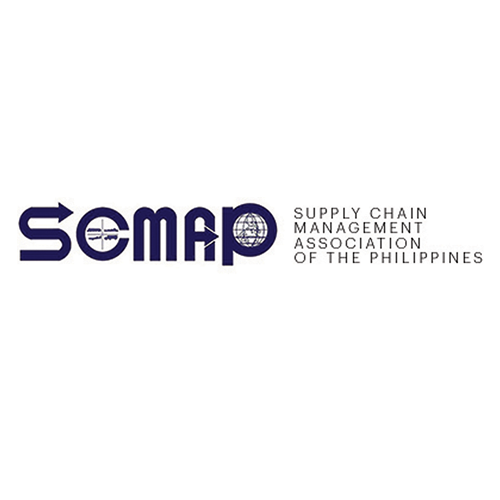My first question was: “Is it time to impose a vaccine mandate on logistics frontliners?”
This occurred to me as we untangle the (still existing) barriers to the movement of goods across provinces and towns. While the government early on upheld the principle that products, especially those deemed essential, should continue to move as close to normal as possible, the myriad requirements at the provincial (and sometimes, municipal) level mean drivers and helpers don’t have it as easy as advertised. Various testing and documentary requirements—sometimes even just for those passing through one jurisdiction to get to another one—lead to delays and costs that reduce competitiveness and service levels, not to mention the possibility of logistics frontliners losing a day’s work.
That said, we do understand that these regulations are set up to further stem the spread of COVID-19. Blame this on our blinkered view from “imperial” Manila, but many parts of the country have seen a low number of cases and mostly kept the disease under control. (It ties in with how coronavirus hotspots tend to be urban areas, whether due to high population density or greater access to testing.) It would be irresponsible for drivers from industrial and logistics hubs to, even unknowingly, bring the disease to areas that have succeeded in containing it for the most part.
With logistics frontliners included in the priority list for vaccinations, I thought perhaps we could go one step further and require all of them to be fully inoculated before being allowed to deliver goods to various points in the country. It’s one more guarantee to ensure truly unhampered movement of goods—an important step in economic recovery, apart from a resumption of business activities.
But then, it is difficult to call for a vaccine mandate, even for frontliners, and it’s a supply chain issue for the most part. Access is still a problem. Urban areas have understandably been the focus of the first wave of jabs, but this comes at the expense of rural areas that have seen lower case numbers. NCR is roughly 90% vaccinated—take note that this number includes non-residents—but other parts of the country have an average vaccination rate of roughly 30%. As of this writing we have roughly 50 million doses in our stockpile—doses that should be delivered to other parts of the country as soon as possible to ensure recovery is equal and not disjointed. But the government admits it has difficulty in delivering these doses, as well as finding people to administer them.
Vaccine mandates have been imposed in other countries, but it is essential that everyone has access to the vaccine before this is considered. A vaccine mandate for logistics frontliners at this point will only benefit those coming from NCR, and does not consider logistics workers across the country who may still be waiting for their jabs. Passing the responsibility on to Filipinos without improving their access to life-saving shots is unfair.
As you all know, a lot of things have happened in the past week. Last week the government recently required “eligible” employees from areas with “sufficient supplies” to be vaccinated. It sounds like a vaccine mandate, but then it allows employees who, for some reason, refuse to be jabbed to undergo regular testing at personal expense. (We already have something similar for certain industries; those working in food establishments in areas under the new COVID-19 alert system, for instance, must be vaccinated before being allowed to work.) But this does not address the critical issue of whether the vaccines we already have at hand are getting to the people who need it most.
Again, we have roughly 50 million doses, and more have yet to come. We can’t hold on to them forever; these things have an expiration date. If we’re to hit the (already revised) target of 70 million vaccinated Filipinos by next summer, we have to further pick up the pace, especially in the towns far from major cities. Sort this out, and we can truly, confidently, reopen the economy and begin our recovery from a pandemic that has already set our families, businesses and industries back. Sort this out, and we won’t have to be anxious about seeing all these kids out and about in malls. Sort this out, and we won’t have to deal with another massive wave of cases our healthcare system can’t fully handle—something that can still very much happen, given the still disjointed response of government to the pandemic.
Certificate Course on Enterprise Supply Chain Management: SCMAP has partnered with the De La Salle University School of Lifelong Learning to bring a new certificate course on enterprise supply chain management. Across six Saturdays, understand how supply chain management adds value and competitiveness to any business. The first run kicks off this February. Learn more and register by visiting scmap.org.
Henrik Batallones is the marketing and communications director of SCMAP, and editor-in-chief of its official publication, Supply Chain Philippines. More information about SCMAP is available at scmap.org.





